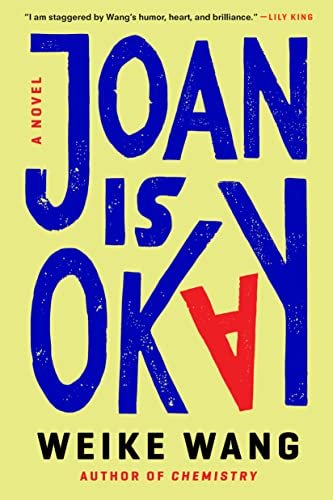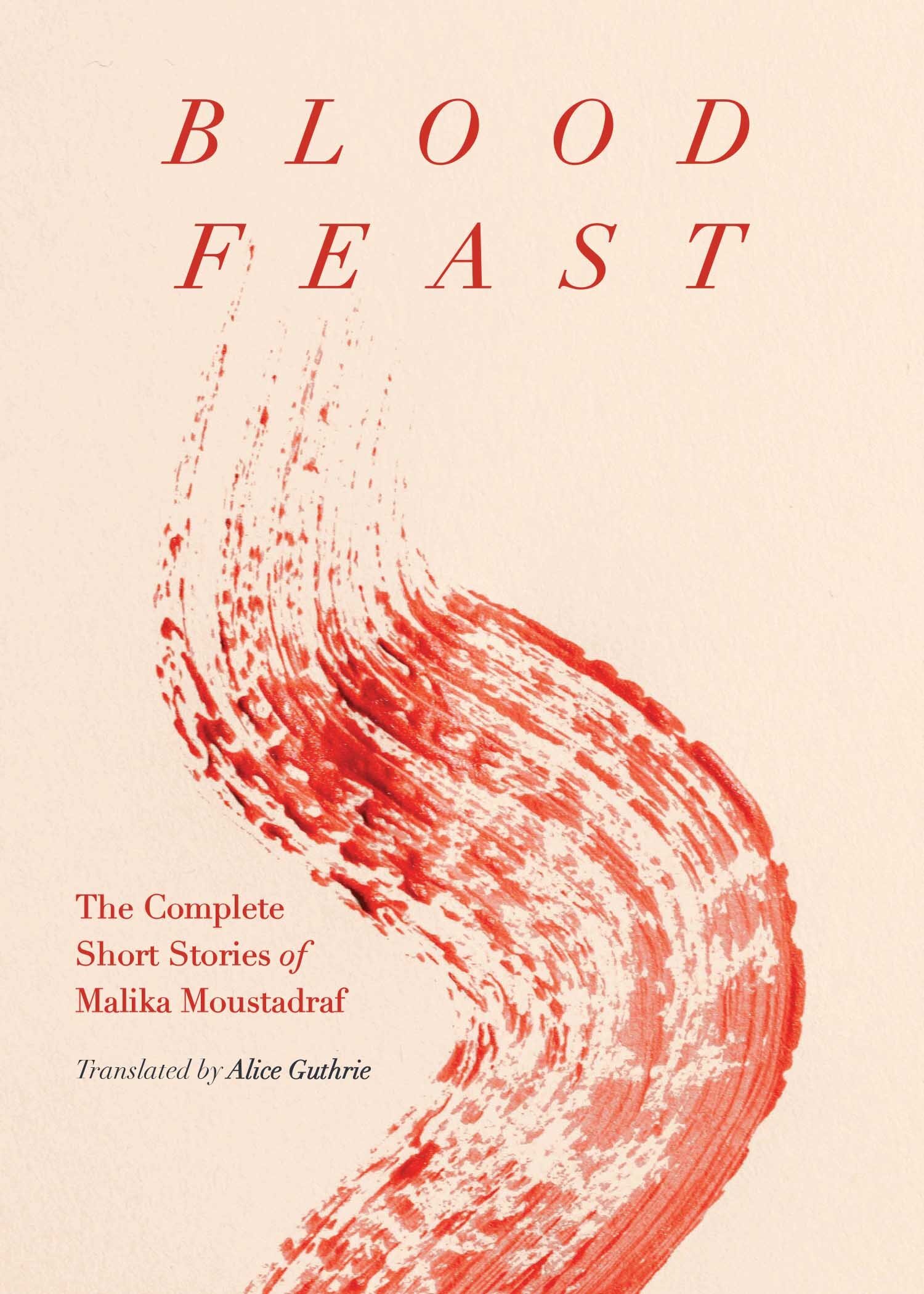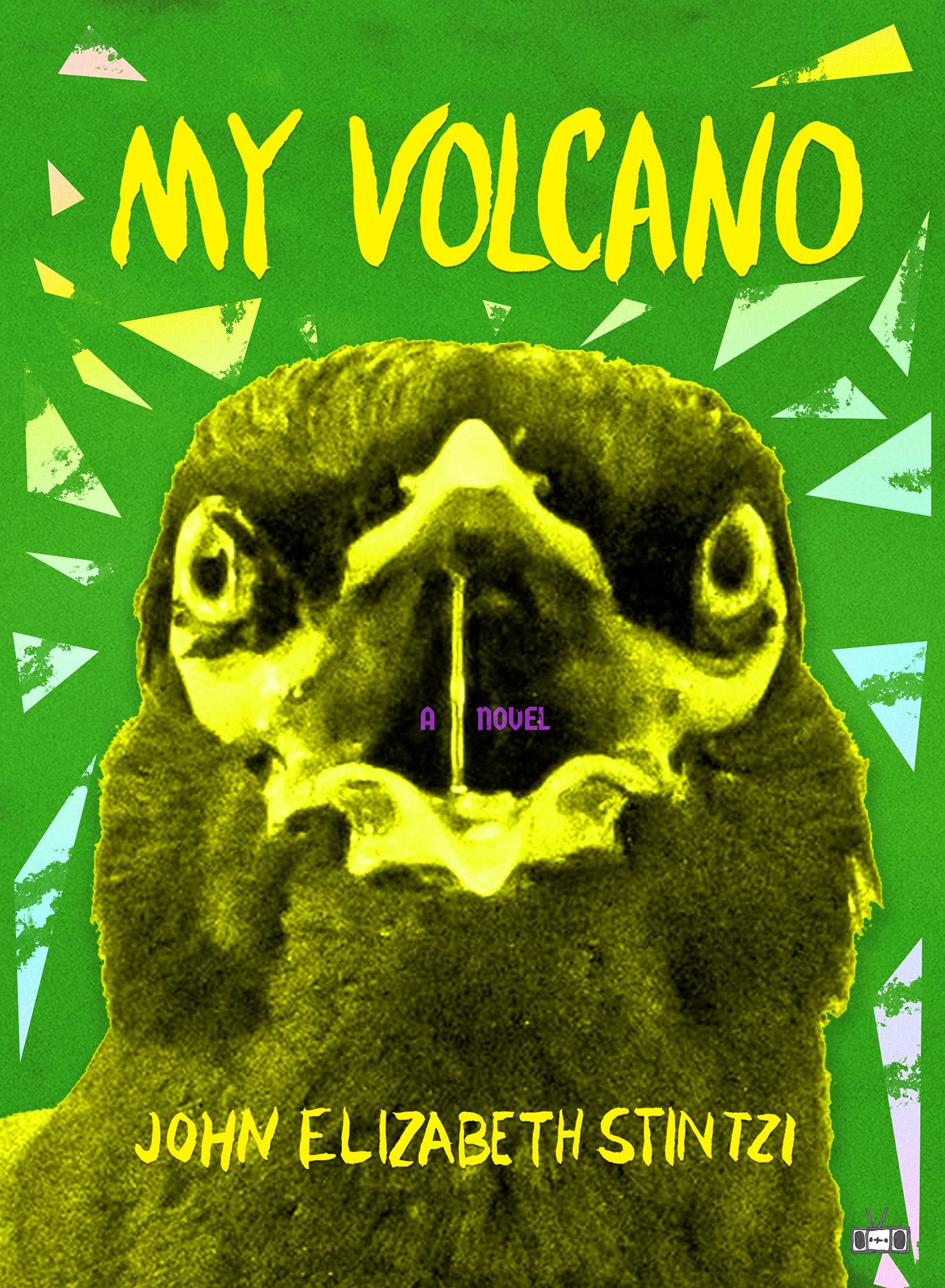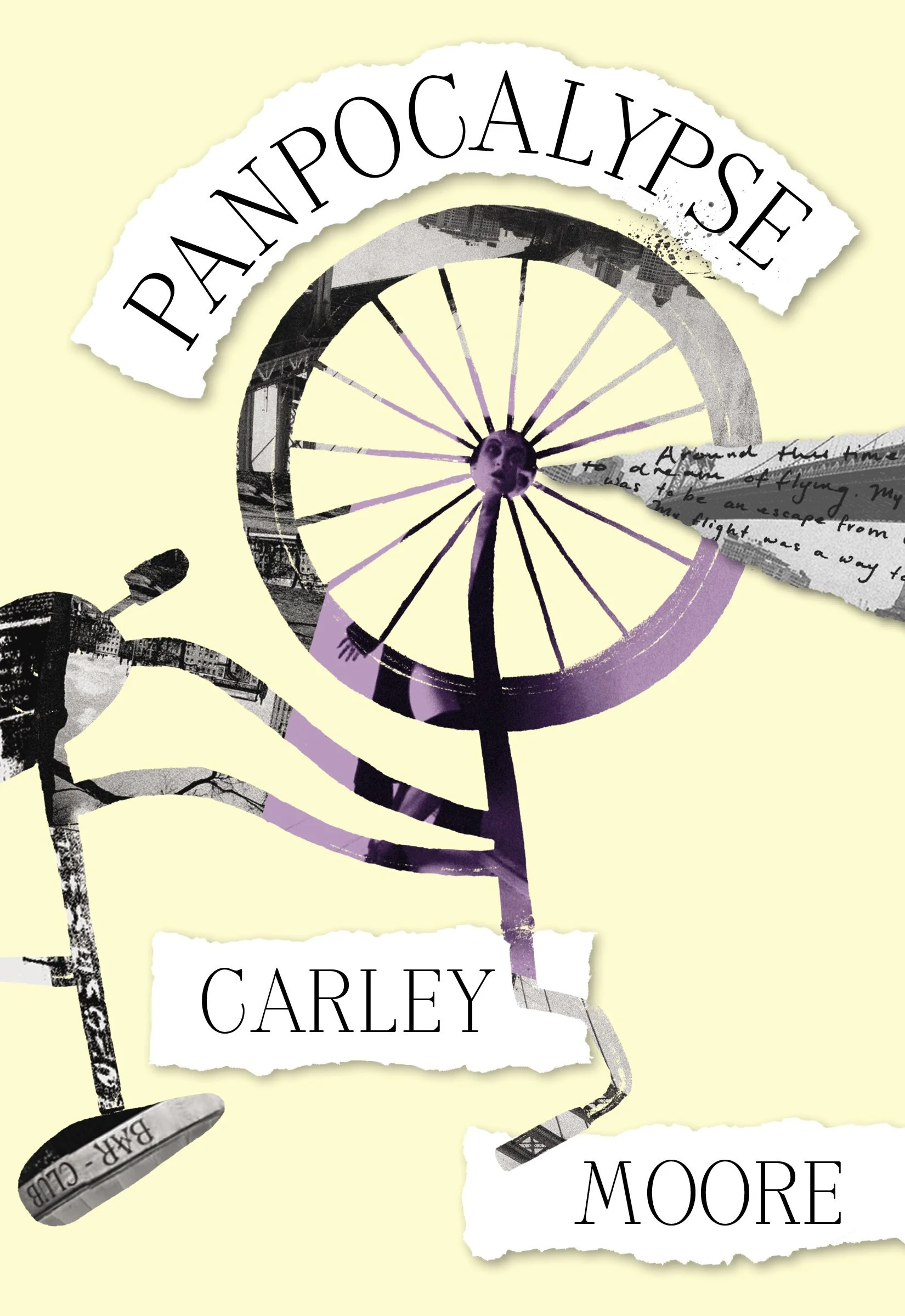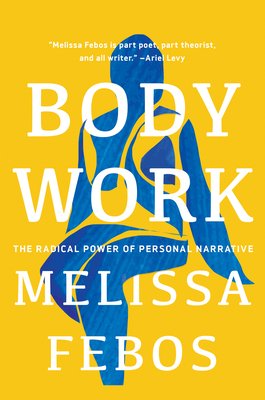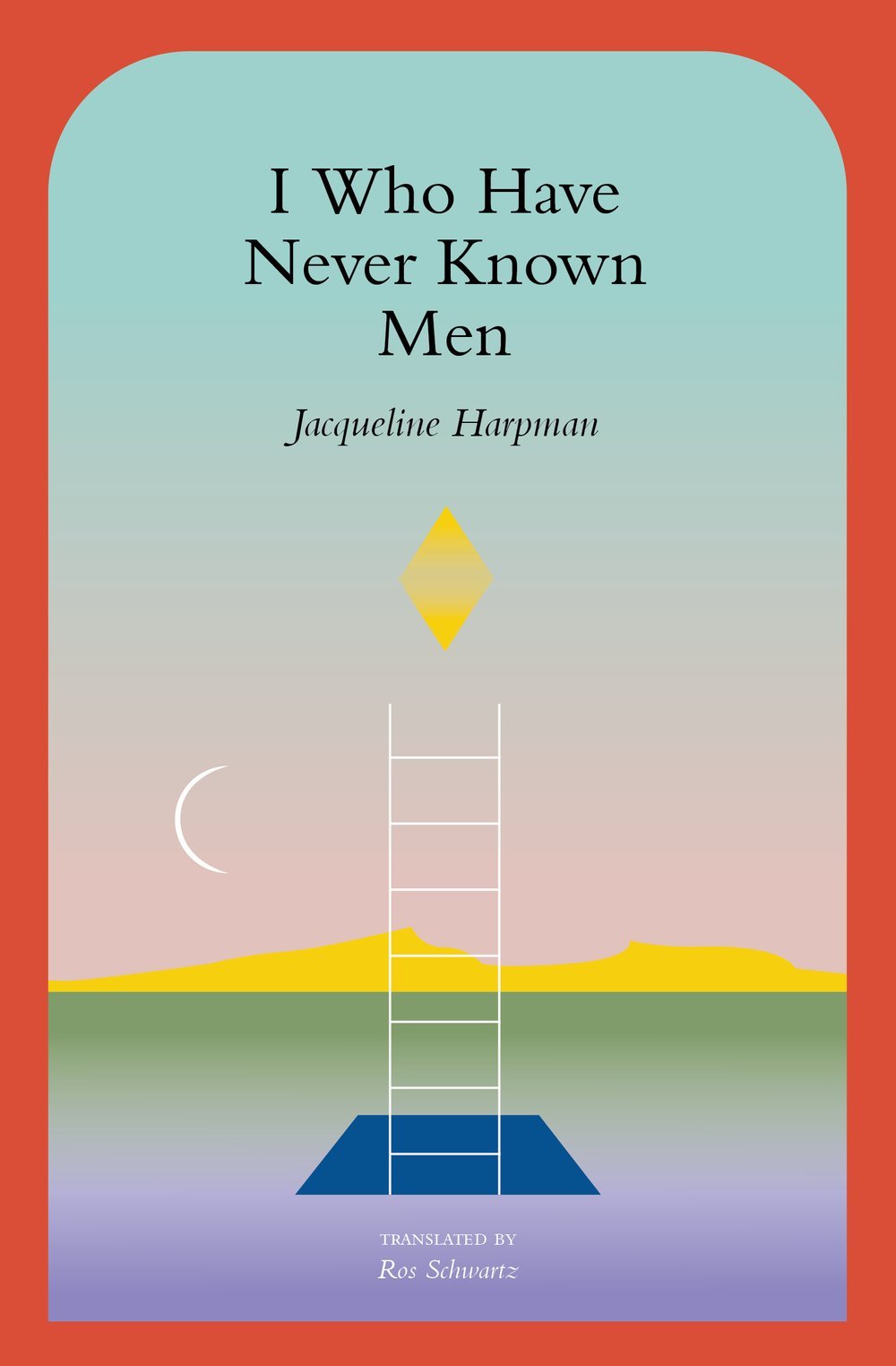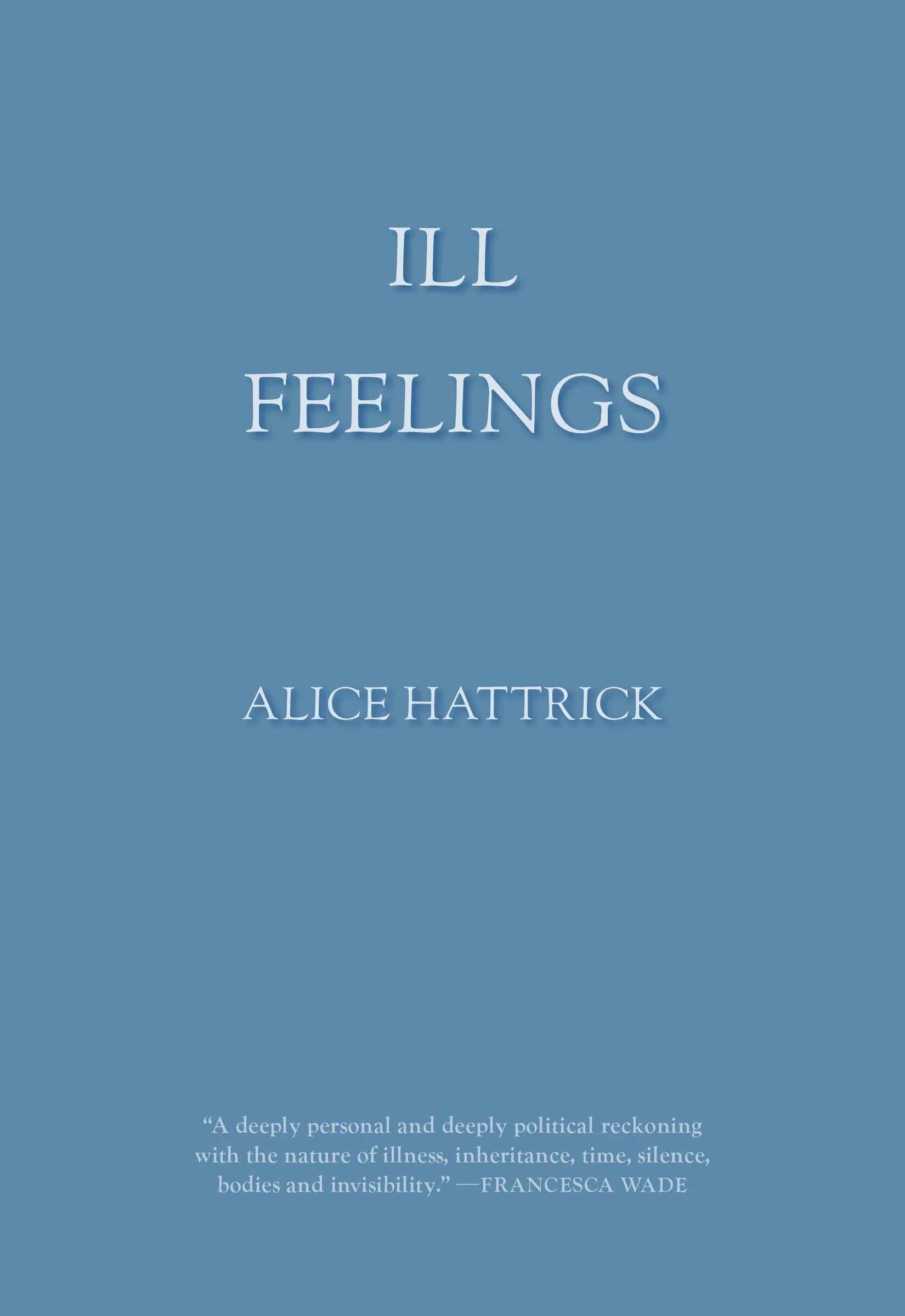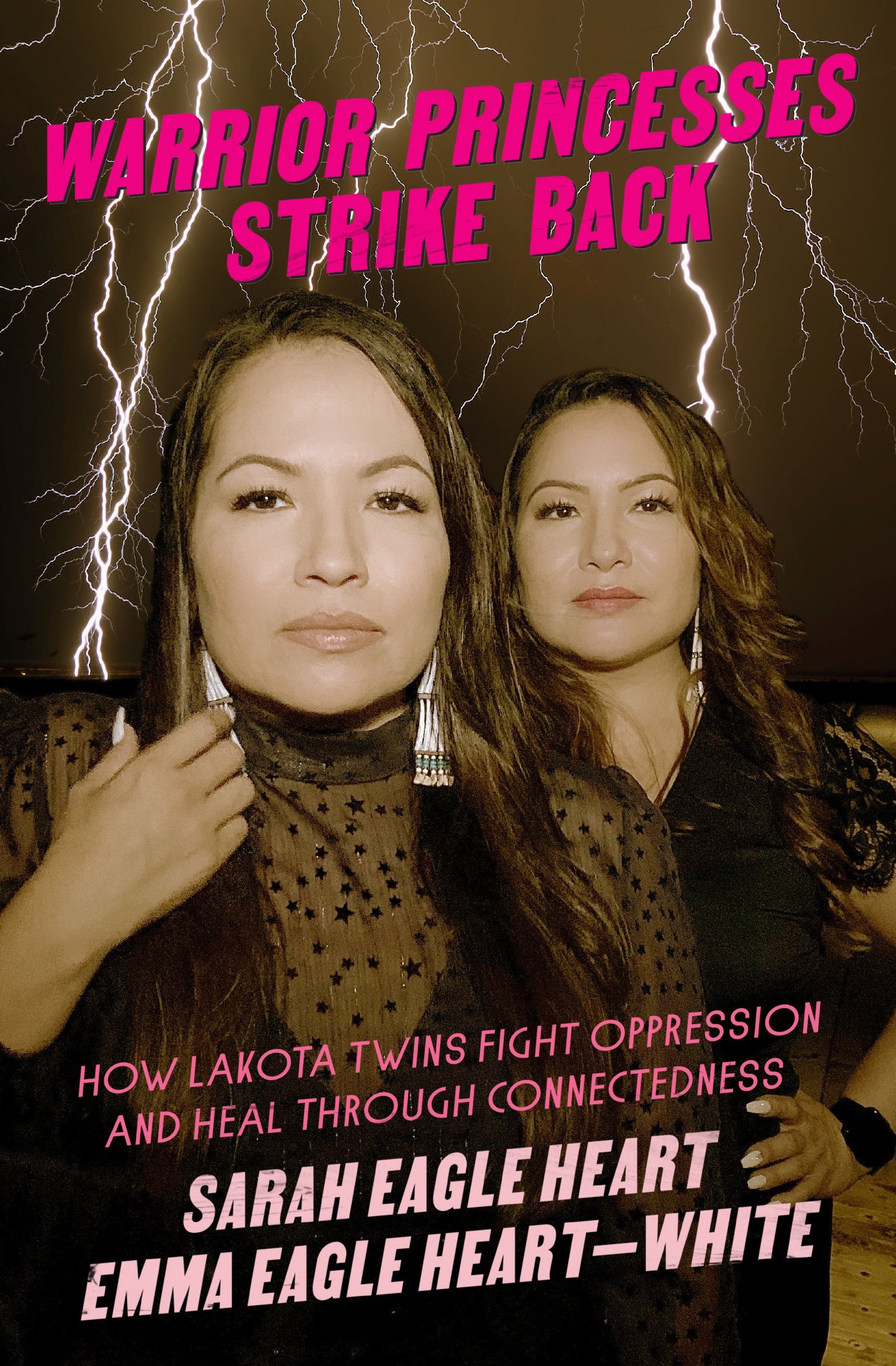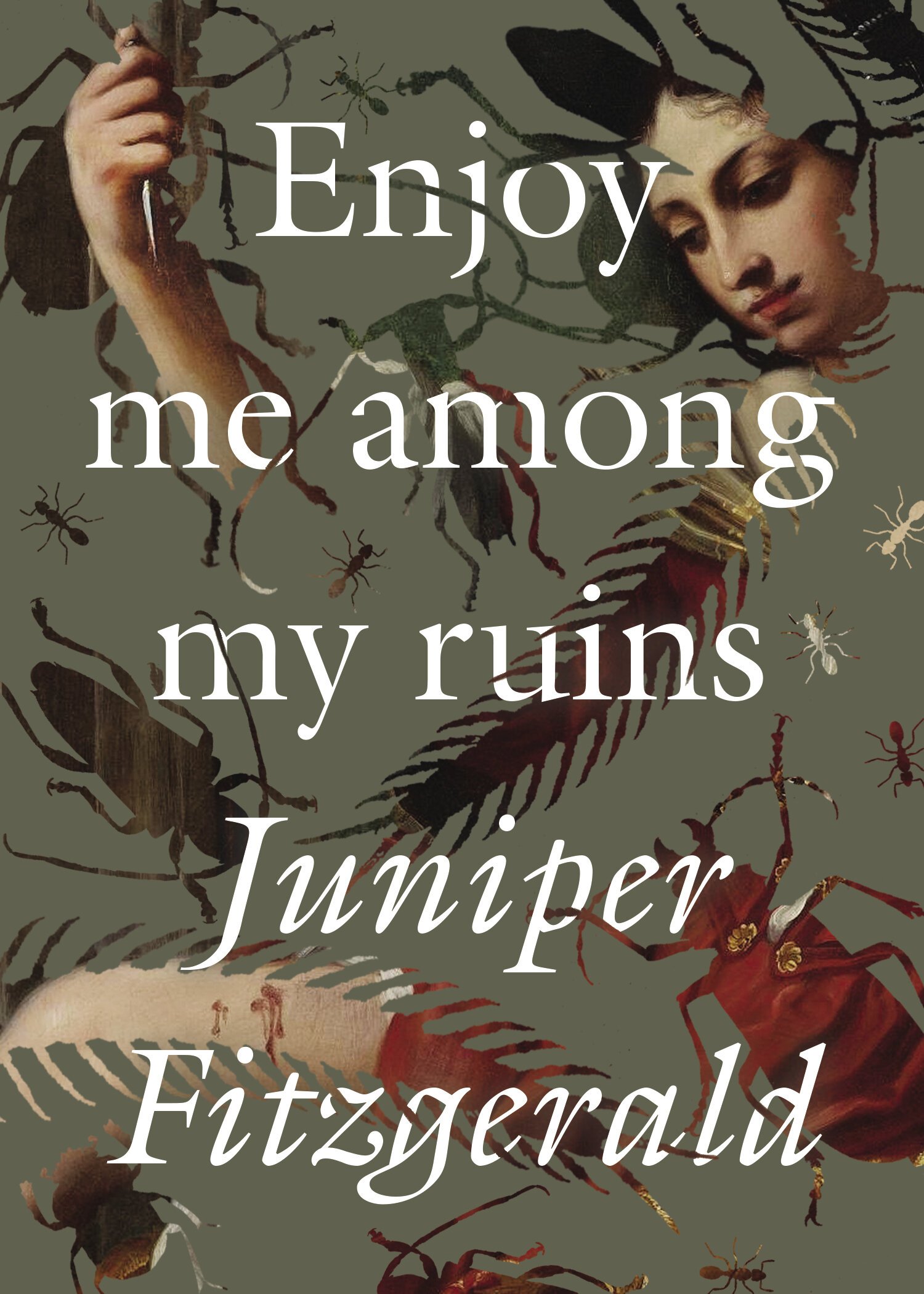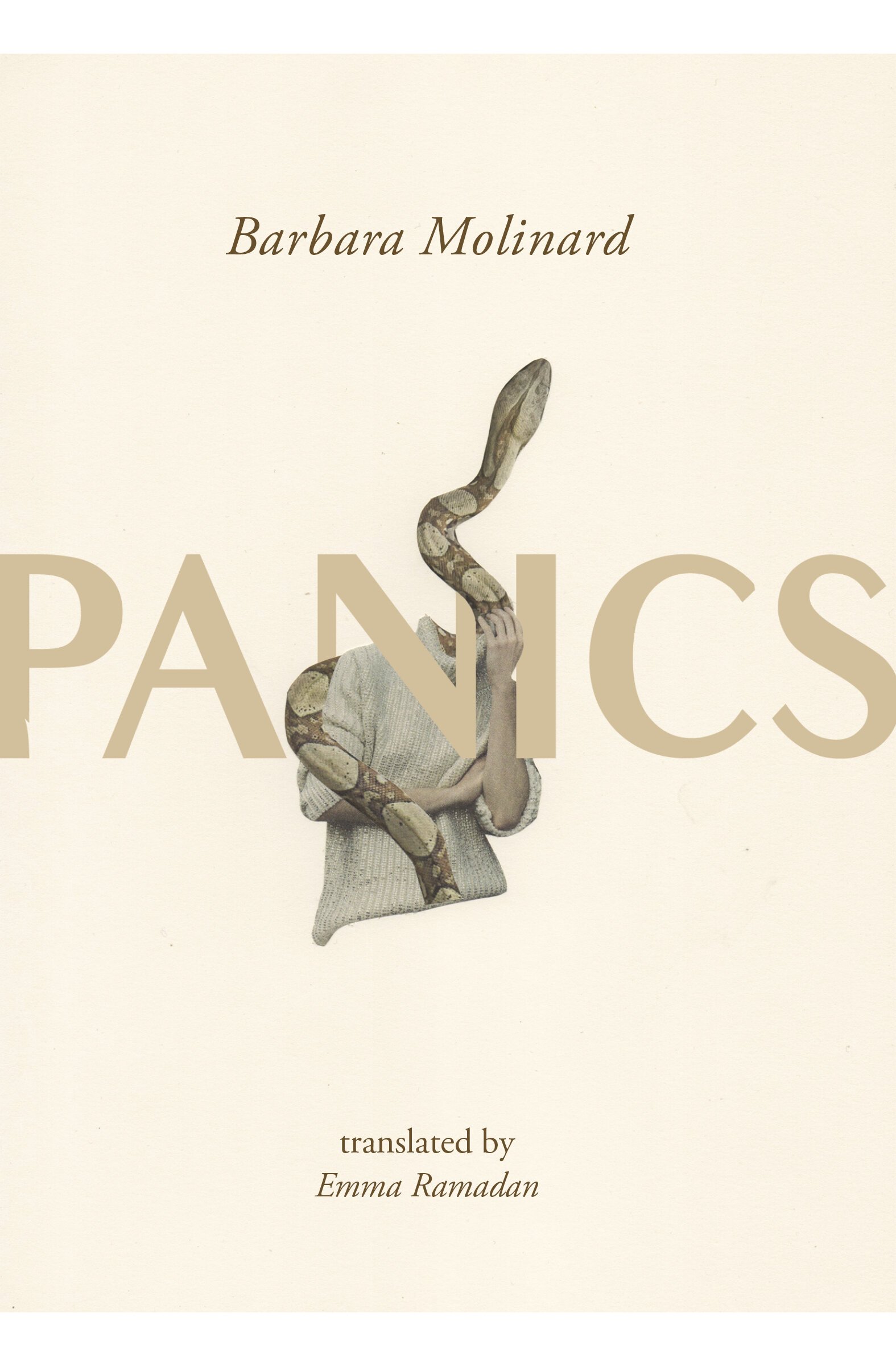FP Staff List: 2022 Books We Can't Wait to Read
In celebration of a new year and new books, we each picked two books we can’t wait to read this year (because it’s really hard to pick just one!)
January
Jisu: Joan Is Okay
by Weike Wang
“Deceptively spare yet quietly powerful, laced with sharp humor, Joan Is Okay touches on matters that feel deeply resonant: being Chinese-American right now; working in medicine at a high-stakes time; finding one’s voice within a dominant culture; being a woman in a male-dominated workplace; and staying independent within a tight-knit family. But above all, it’s a portrait of one remarkable woman so surprising that you can’t get her out of your head.”—Random House
February
Isla: The Impossible City
by Karen Cheung
“A boldly rendered—and deeply intimate—account of Hong Kong today, from a resilient young woman whose stories explore what it means to survive in a city teeming with broken promises.”—Random House
Lauren: Blood Feast
by Malika Moustadraf, translated by Alice Guthrie
“Blood Feast is the complete collection of Moustadraf’s published short fiction: haunting, visceral stories by a master of the genre. A teenage girl suffers through a dystopian rite of passage, a man with kidney disease makes desperate attempts to secure treatment, and a mother schemes to ensure her daughter passes a virginity test.”—Feminist Press
Rachel: Lesser Known Monsters of the 21st Century
by Kim Fu
“In the twelve unforgettable tales of Lesser Known Monsters of the 21st Century, the strange is made familiar and the familiar strange, such that a girl growing wings on her legs feels like an ordinary rite of passage, while a bug-infested house becomes an impossible, Kafkaesque nightmare. Each story builds a new world all its own: a group of children steal a haunted doll; a runaway bride encounters a sea monster; a vendor sells toy boxes that seemingly control the passage of time; an insomniac is seduced by the Sandman. These visions of modern life wrestle with themes of death and technological consequence, guilt and sexuality, and unmask the contradictions that exist within all of us.”—Tin House
March
Nick: My Volcano
by John Elizabeth Stintzi
“My Volcano is a kaleidoscopic portrait of a menagerie of characters, as they each undergo personal eruptions, while the Earth itself is constantly shifting. Parable, myth, science-fiction, eco-horror, My Volcano is a radical work of literary art, emerging as a subversive, intoxicating artistic statement by John Elizabeth Stintzi.”—Two Dollar Radio / Arsenal Pulp
Nadine: Panpocalypse
by Carley Moore
“In pandemic-era NYC, Orpheus just manages to buy a bike before they sell out across the city. She takes to the streets looking for Eurydice, the first woman she fell in love with, who broke her heart. The city is largely closed, devoid of touch, connection, and community. But Orpheus hears mysterious news of an underground bar, Le Monacle, fashioned after the lesbian club of the same name in 1930s Paris. Can she find it? Will she ever be allowed to love again? Follow our lonely queer, disabled, poly hero in a new serialized novel about disease, decay, love, and revolution.”—Feminist Press
Drew: Paradais
by Fernanda Melchor, translated by Sophie Hughes
“Inside a luxury housing complex, two misfit teenagers sneak around and get drunk. Franco Andrade, lonely, overweight, and addicted to porn, obsessively fantasizes about seducing his neighbor—an attractive married woman and mother—while Polo dreams about quitting his grueling job as a gardener within the gated community and fleeing his overbearing mother and their narco-controlled village. Each facing the impossibility of getting what he thinks he deserves, Franco and Polo hatch a mindless and macabre scheme.
Written in a chilling torrent of prose by one of our most thrilling new writers, Paradais explores the explosive fragility of Mexican society—with its racist, classist, hyperviolent tendencies—and how the myths, desires, and hardships of teenagers can tear life apart at the seams.”—New Directions
Nadine: Body Work
by Melissa Febos
“In this bold and exhilarating mix of memoir and master class, Melissa Febos tackles the emotional, psychological, and physical work of writing intimately while offering an utterly fresh examination of the storyteller’s life and the questions which run through it.”—Catapult
April
Lucia: New and Selected Stories
by Cristina Rivera Garza; translated by Sarah Booker, Lisa Dillman, Francisca González Arias, and Alex Ross
“New and Selected Stories now brings together in English translation stories from across Rivera Garza’s career, drawing from three collections spanning over 30 years and including new writing not yet published in Spanish. It is a unique and remarkable body of work, and a window into the ever-evolving stylistic and thematic development of one of the boldest, most original and affecting writers in the world today.”—Dorothy, a publishing project
Rachel: Violets
by Kyung-Sook Shin, translated by Anton Hur
“In Violets, best-selling author Kyung-Sook Shin explores misogyny, erasure, and repressed desire, as San desperately searches for both autonomy and attachment in the unforgiving reality of contemporary Korean society.”—Feminist Press
May
Lauren: I Who Have Never Known Men
by Jacqueline Harpman, translated by Ros Schwartz
“Deep underground, thirty-nine women live imprisoned in a cage. Watched over by guards, the women have no memory of how they got there, no notion of time, and only a vague recollection of their lives before.
As the burn of electric light merges day into night and numberless years pass, a young girl—the fortieth prisoner—sits alone and outcast in the corner. Soon she will show herself to be the key to the others' escape and survival in the strange world that awaits them above ground.”—Transit Books
Isla: Ill Feelings
by Alice Hattrick
“In 1995 Alice’s mother collapsed with pneumonia. She never fully recovered and was eventually diagnosed with ME, or Chronic Fatigue Syndrome. Then Alice got ill. Their symptoms mirrored their mother’s and appeared to have no physical cause; they received the same diagnosis a few years later. Ill Feelings blends memoir, medical history, biography and literary nonfiction to uncover both of their case histories, and branches out into the records of ill health that women have written about in diaries and letters. Their cast of characters includes Virginia Woolf and Alice James, the poets Elizabeth Barrett Browning and Emily Dickinson, John Ruskin’s lost love Rose la Touche, the artist Louise Bourgeois and the nurse Florence Nightingale. Suffused with a generative, transcendent rage, Alice Hattrick’s genre-bending debut is a moving and defiant exploration of life with a medically unexplained illness.”—Feminist Press
Lucia: WSQ: Black Love
Edited by Mary Frances Phillips, Rashida L. Harrison, and Nicole M. Jackson
“Freedom for Black people looks different throughout the world, but is always rooted in love. WSQ: Black Love is interested in uncovering the radical potential of love as a pathway to freedom. Academics attend to the expressions of love histories, literatures, and visual art, both personal and public. They uncover the political outcomes within everyday acts of love. Black love offers multiple possibilities for Black people’s engagement with each other in full autonomy.
This issue seeks to imagine justice if love were centered at the heart of politics, and contends with how the policing of affect within Black diasporic communities and the larger public hinders our ability to see love as a collective and political tool.”—Feminist Press
June
Jisu: Warrior Princesses Strike Back
by Sarah Eagle Heart and Emma Eagle Heart–White
“Interspersing personal memoir with radical notions of self-help and collective recovery, Warrior Princesses Strike Back focuses how Indigenous activist strategies can be a crucial roadmap for contemporary truth and healing.
Through the lens of Indigenous activism, the Eagle Hearts explore the possibility of healing intergenerational and personal trauma by focusing traditional strategies of reciprocity, acknowledgement, and collectivism.”—Feminist Press
July
Nick: Enjoy Me among My Ruins
by Juniper Fitzgerald
“Combining feminist theories, X-Files fandom, and personal memoir, Enjoy Me among My Ruins draws together a kaleidoscopic archive of Juniper Fitzgerald’s experiences as a queer sex-working mother. Plumbing the major events that shaped her life, and interspersing her childhood letters written to cult icon Gillian Anderson, this experimental manifesto contends with dominant narratives placed upon marginalized bodies and ultimately rejects a capitalist system that demands our purity and submission over our survival.”—Feminist Press
August
Drew: Panics
by Barbara Molinard, translated by Emma Ramadan
“A close friend and protégé of Marguerite Duras, Barbara Molinard (1921–1986) wrote and wrote feverishly, but only managed to publish one book in her lifetime: the surreal, nightmarish collection Panics.
These thirteen stories beat with a frantic, off-kilter rhythm as Molinard obsesses over sickness, death, and control. A woman goes to disastrous measures to escape beloved houseguests, mysterious surgeons dismember their patient, and the author narrates to Duras how she was stopped from sleeping in a cemetery vault, only to be haunted by the pain of sleeping on its stone floor.”—Feminist Press


